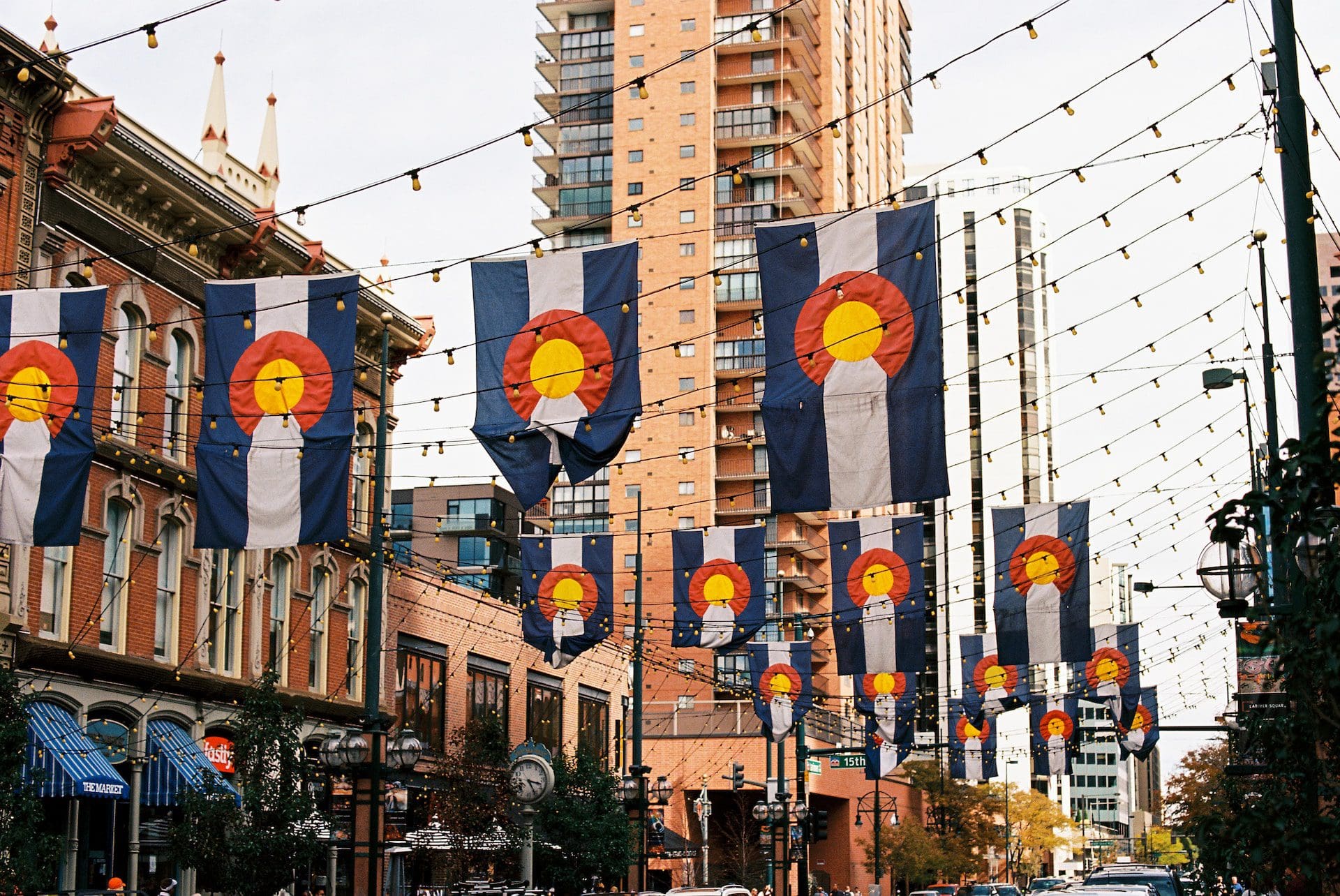See original post here.
A midterm report from the Denver Basic Income Project found giving people experiencing homelessness free money is a meaningful way to improve their lives.
Driving the news: The report released Wednesday found people receiving money with no strings attached are benefiting significantly by using it to pay for groceries and other bills.
- Others are using it for expenses like obtaining housing, rent, cars and paying significant debt.
Why it matters: The program’s success so far could mean it continues after its initial one-year period.
What they’re saying: “What we can conclude from the midyear report is how much hope this has provided to the unhoused community,” Andre Cunningham, co-chair of the DBIP’s advisory board, tells us.
Context: The 846 participants — who include both sheltered and unsheltered people — are broken up into three groups. One group gets $1,000 for 12 months, another gets $6,500 for the first month and will get $500 for the remaining 11, and the final gets $50 for a year.
- While people who received $50 a month reported feeling frustrated, many still said it was helpful to have the extra cash.
Between the lines: Only 24 people were interviewed for the midterm report (eight from each of the three groups) about three to four months into the program. The spending was self-reported by participants, with some saying they used it to celebrate with non-essentials like a concert ticket, dining out or buying an outfit.
- Cunningham said measuring success will mean seeing whether the program helped meet people’s basic needs like ensuring someone has housing, food or transportation.
- Maria Sierra, DBIP’s community engagement manager, said during a press briefing on Wednesday it’s not clear yet how many people used the money to secure permanent housing.
Yes, but: Some people struggled to decide how to spend the money, feeling “tension” between suddenly having it and the responsibility to use it effectively.
- Many were surprised about the program when selected, with some likening it to winning the lottery, and others fearing it was a scam.
- Overall, the money helped most people feel relief and reduce stress,
The big picture: Other cities like Des Moines and San Francisco, which like Denver’s program is focused on the unhoused, are hosting similar projects.
- Around the country, numerous programs have drawn largely positive results for providing safety nets to people like single women and people of color.
- Cunningham said Denver’s is among the largest in the country.
By the numbers: At least $5 million has been distributed so far in Denver, with the program paid largely by charitable foundations like, the Colorado Health Foundation and the Denver Foundation, and individual donors.
- Denver City Council last year approved using $2 million in federal pandemic relief money for the program.
What’s next: A final report is expected in October.


















